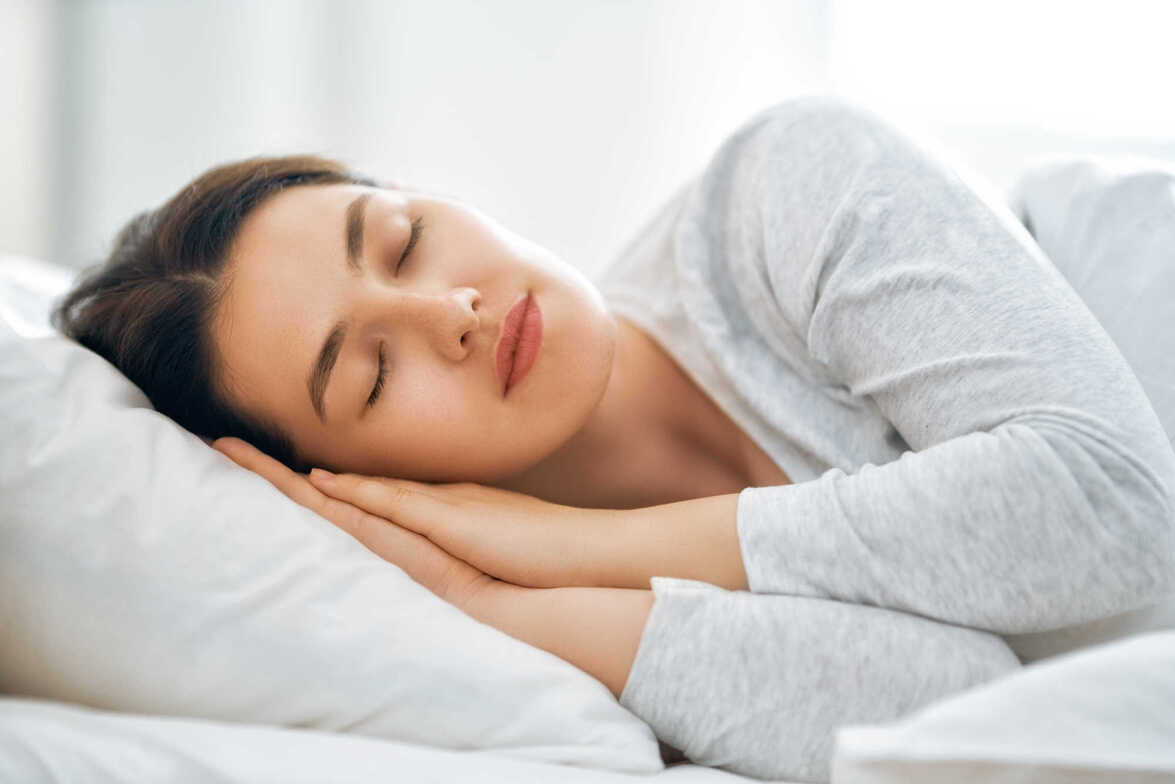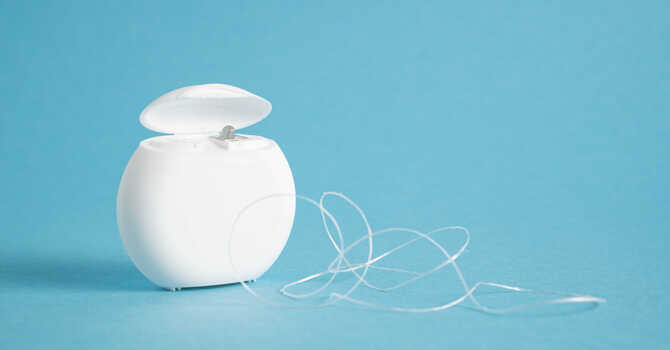
Sleep is fundamental to life. If you are human, you need it. This is non-negotiable. It's like air and water. Try going without it and see what happens.
Sleep is also paramount to getting the most out of your Chiropractic care (or any body work for that matter). As I tell all my patients, "if you cannot sleep, you cannot heal". If you are sleeping poorly, do not expect positive results. Do not expect to lose weight, run fast, lift heavy, remember things, think quickly, recover from injury or reduce pain.
Contemporary research has illuminated the importance of sleep on stem cell stimulation and recovery of tissues. It has also exposed the dangers of lack of sleep regarding neurodegenerative decline, emotional instability, and disease.
In an article published in 2018 in the journal Life Sciences, titled "Tissue Regeneration: Impact of Sleep on Stem Cell Regenerative Capacity":
"The circadian rhythm orchestrates many cellular functions, such as cell division, cell migration, metabolism and numerous intracellular biological processes. The physiological changes during sleep are believed to promote a suitable microenvironment for stem cells to proliferate, migrate and differentiate. These effects are mediated either directly by circadian clock genes or indirectly via hormones and cytokines".
Matthew Walker, a brain scientist PhD, and director of Center for Human Sleep Science gave this stark example in his 2019 Ted Talk:
"Now, in the spring, when we lose one hour of sleep [to daylight savings time], we see a subsequent 24-percent increase in heart attacks that following day. In the autumn, when we gain an hour of sleep, we see a 21-percent reduction in heart attacks...and you see the same profile for car crashes, road traffic accidents, even suicide rates".
Furthermore, an article written in 2021 in the journal Sleep Medicine titled "Sleep Deprivation and It's Association with Diseases - A Review" stated:
"Chronic sleep deprivation of less than 7 h(ours) daily is associated with multiple health disorders".
So, what does that mean? If we sleep, good things happen. Our bodies regenerate and recover. Our risk of death decreases. We can heal. If we do not sleep, dreadful things happen. Our bodies degenerate into conditions that become favorable for illness and disease to take root. We unravel at the seams and emerge with short fuses and blood shot eyes, questioning why we are failing to thrive.
Now ask yourself this:
"Am I sleeping well?"
If you are uncertain as to what "sleeping well" is, read on please.
Science agrees that "sleep hygiene" is paramount to promoting restful and restorative sleep. Sleep hygiene is the practice of preparing the body for sleep through cultivating healthy bedtime routines and modifying your sleep environment. It sets the stage for a healthy snoozing session through addressing variables like temperature regulation, light filtration & brightness, postural support, and other factors that promote sleep like scent, sound, and nutritional support.
Below are some helpful criteria to ensure your sleep is as perfect as it can be.
- Cool Down Your Bedroom
- A cooler sleeping environment lends itself to falling asleep faster. It also promotes an overall drop in core temperature which is critical to inducing and maintaining sleep 65-70 degrees is optimal
- Put Your Phone Down
- Blue Light that is emitted from screens disrupts your body's production of sleep-inducing hormones like Melatonin, and the content we consume right before bed typically tends to excite us rather than relax us
- Do Not Eat Food Late
- Consuming food late in the evening or right before bed wreaks havoc on your sleep by forcing your body to digest your food instead of repairing your cells. One of the worst things you can do your sleep is to eat late in the evening.
- Stop drinking Alcohol and Caffeine
- The pros of not drinking coffee or alcohol outweigh the cons of consuming them.
- Caffeine is a psychoactive stimulant. It has a half-life of 5 hours, which means that 10 hours after drinking it, there's still caffeine circulating in your body, making it harder for you to fall asleep, stay asleep, and maintain deep restorative sleep.
- Alcohol is a sedative that breaks up our sleep cycles and prevents REM sleep by interrupting specific brain activity in our cortex. Anecdotally, people using wearable technology that measures body temperature have reported temperature spikes during the night which may correlate to the liver processing alcohol.
Dr. Nick's Tips
The following are strategies I have found helpful in my own personal experience.
- Drink Tea with Chamomile and Valerian
- Herbal teas can promote drowsiness and relaxation, conducive to falling asleep faster and more gracefully
- Use Lavendar Spraying
- Lavendar on your sheets creates a wonderful environment for the senses. Lavendar is known to promote sleep and is luxuriously relaxing when applied around your bed.
- Meditate
- Body Scans and Guided Meditations provide you a window of opportunity to drift off into peaceful sleep by downregulating your body's nervous system and breaking your concentration on negative or anxiety provoking thoughts. Meditation can also induce different brain wave states that are favorable for restorative sleep.
- Hypnotic Meditations can also promote sleep via subconscious verbal suggestion.
- Breathe
- Breathing exercises increase oxygenation to the brain and your body's tissues, transporting nutrients to cells and rhythmically inducing relaxation via downregulation of your nervous system.
- Supplements
- Supplementing with 5-HTP or CBD
- 5-HTP is a precursor to Serotonin and is made from the amino acid Tryptophan. 5-HTP can increase your body's synthesis of Serotonin, which has a positive influence on sleep
- CBD is anti-inflammatory in nature and additionally promotes bodily relaxation
- Take Hot & Cold Showers
- Finishing your hot shower with a minute of cold produces a wonderful feeling of well-being and relaxation that cannot be explained unless you try it.
- Journalize
- Sitting down to write out the day's successes, questions, and failures channels your repetitive thoughts, worries, fears, and anxieties and deposits them on paper. Once there, they no longer occupy your mind as acutely or with as much power. You give yourself permission to release these preoccupations, simultaneously giving your mind the opportunity to develop new insight over the course of the night.
- Use Purposeful Movement
- Moving your body via gentle stretch or Yoga can promote deep relaxation. It stimulates your body's joint and muscle receptors which can feed your brain with useful information.
- Lay on a Bed of Nails
- This sounds crazy, but there are soft fabric mats that contain thousands of sharp plastic spikes that when laid on and tolerated for a long enough period (minutes) produce wildly profound relaxation. This also has a huge effect on your nervous system and increases local blood flow to the skin.
Products That Improve Sleep Hygiene
Below are some products that I have employed with my own sleeping routine that help tremendously.
1. Chillisleep DockPro
2. Avocado Green Mattress
3. Oura Ring
4. Shakti Mat
5. Yogi Bedtime Tea
6. Grace Space Hypnosis App
7. Headspace App
8. 5 Minute Journal
9. TriggerPoint Foam Roller
10. Zarbee’s Bedtime Calming Spray
In closing, I will leave you with the words of the Matthew Walker:
"Sleep, unfortunately, is not an optional lifestyle luxury. Sleep is a nonnegotiable biological necessity. It is your life-support system, and it is Mother Nature's best effort yet at immortality".
And remember, information found here is only a beginning - please seek consultation with your medical & health care providers for proper evaluation, diagnosis and treatment!
Keep Searching,
Dr. Nick



